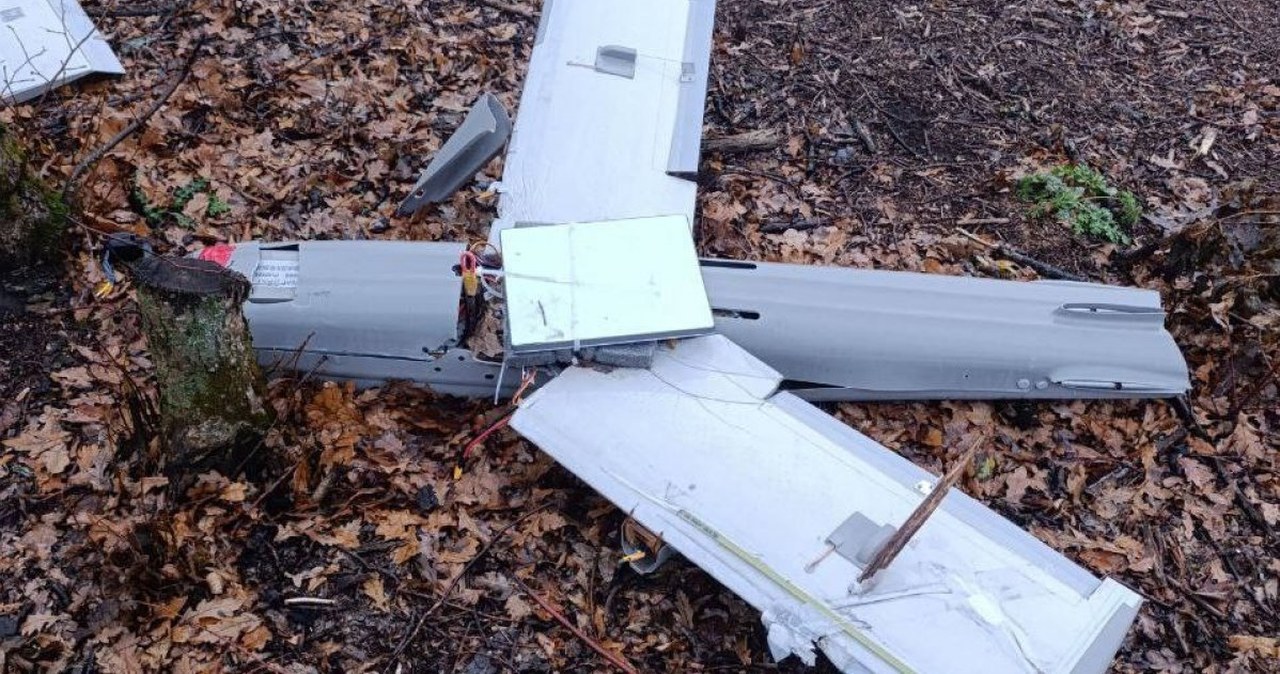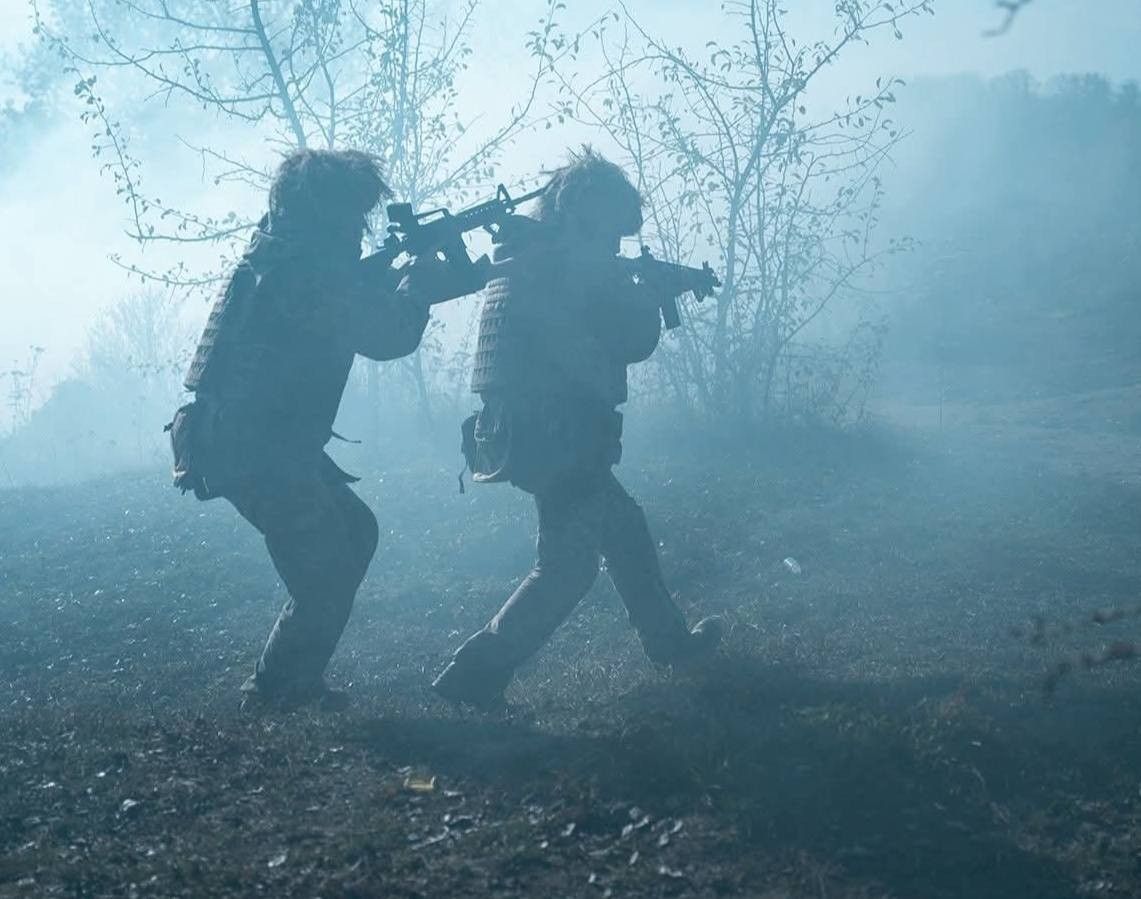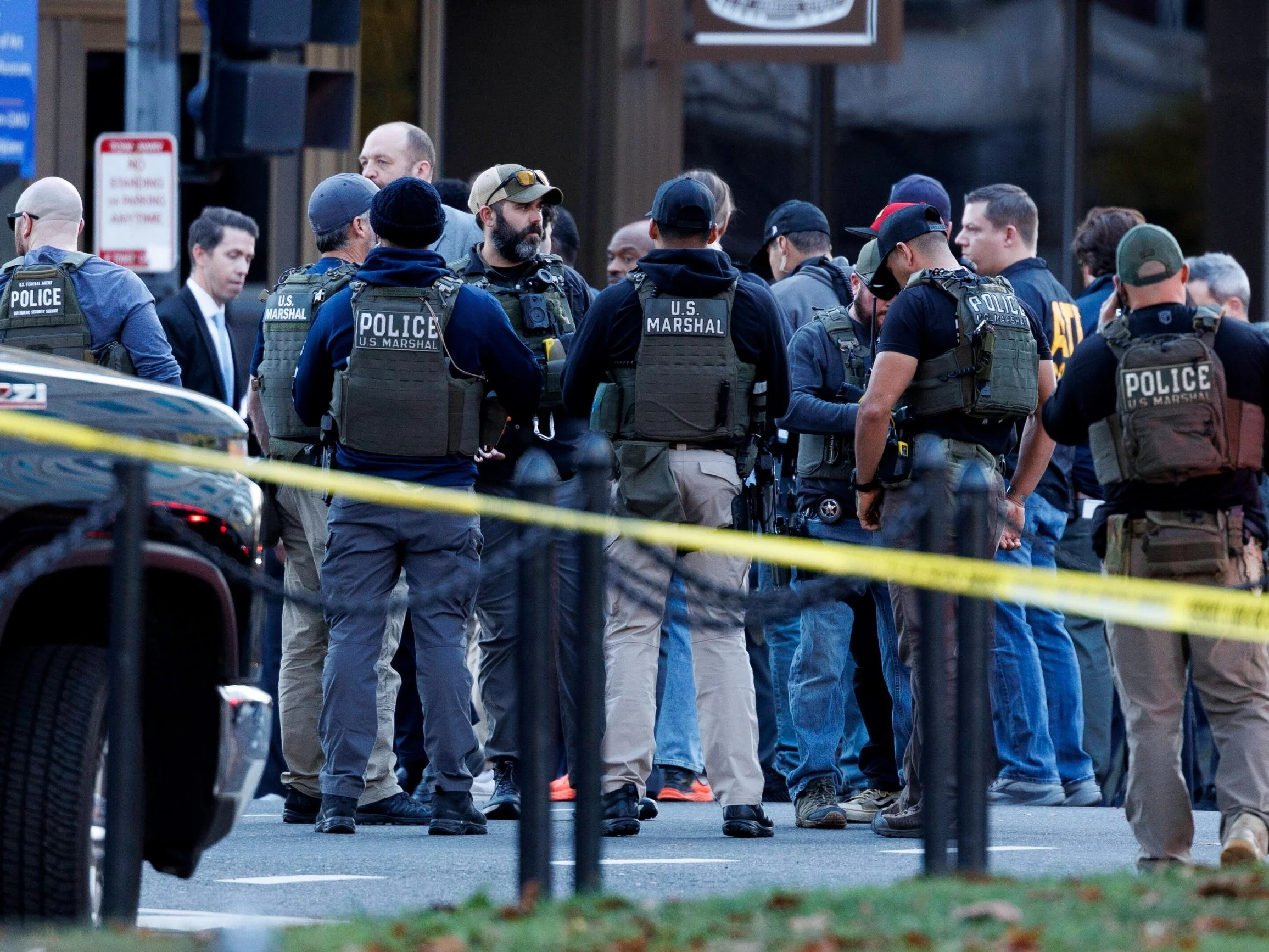
The Government safety Center reported on Saturday that Prime Minister Donald Tusk signed orders extending key alert stages for Poland. This decision means that 2. BRAVO Hazard Level and 2nd BRAVO-CRP Hazard Level will apply throughout the country until 30 November 2025. In addition, 2nd degree of BRAVO will be maintained for Polish energy infrastructure located outside the borders of the Republic of Poland. This strategical decision is simply a signal to all state services to keep an increased readiness to act in the face of possible threats, both terrorist and cyber threats.
The extension of these alarms for specified a long period of time underlines the constant request for increased vigilance and preparation for possible incidents. This is simply a applicable consequence of an analysis of the current safety situation in the region and in the world, requiring public administrations and peculiar services with the highest level of monitoring and response. This means, above all, increased safety for citizens, although it besides requires awareness and knowing of what these alarms mean in everyday life.
What does BRAVO and BRAVO-CRP degrees mean for national security?
The BRAVO and BRAVO-CRP alarm stages are the second level on a four-step scale as defined in the Anti-Terrorism Act. Their introduction, and now an extension, is not accidental and brings concrete implications for the functioning of the state. BRAVO-CRP grade focuses on threats in cyberspace. This means that public administration is required to carry out enhanced monitoring of the safety of ICT systems. In practice, this translates into stepping up efforts to defend data, network and critical digital infrastructure from hacker attacks, industrial espionage or sabotage.
In turn BRAVO emergency shall be implemented in the event of an increased and foreseeable threat of terrorist occurrence. The RCB makes it clear that the services have information on a possible threat, which requires the public administration to be peculiarly vigilant. This means that state authorities, including uniformed services, are in a state of advanced alertness, carrying out more intensive patrols, controlling delicate points and being prepared to respond rapidly in the event of any incident. This is not a reaction to a specific, ongoing attack, but a proactive preventive action.
Who is afraid with the extension of alarms and until when?
The orders signed by Prime Minister Donald Tusk specify precisely the scope of the alert stages. Degrees of BRAVO and BRAVO-CRP cover the full country, which means that all citizen and all institution in Poland is covered by these safety measures. This is key information, highlighting the universality of threats and the request for national vigilance. In addition, what is worth emphasizing, the 2nd degree of threat of BRAV has besides been extended to Polish energy infrastructure located outside the borders of Poland. This demonstrates the strategical importance of these facilities for the energy safety of the state and the region, as well as the possible risks that may be involved.
The most crucial information on duration is the date November 30, 2025. This means that for the next months, until the late autumn of next year, Poland will function in an increased readiness regime. This decision, taken by the highest state authorities, reflects a long-term assessment of the safety situation and the request to keep a advanced level of prevention. It is besides a signal that, despite the deficiency of circumstantial publically announced details on threats, experts and services see real risks that require constant attention and preparation.
Practical consequences for citizens and businesses in everyday life
Although the BRAVO and BRAVO-CRP alarm stages are primarily a signal to public services and administration, their application besides has indirect but crucial consequences for all Polish citizen and for the private sector. For citizens this means above all increased presence of uniformed services in public places, stations, airports or close strategical facilities. More detailed checks are besides possible to guarantee maximum safety. It is crucial to stay calm, but at the same time to be aware of the surroundings and study any suspicious behaviour or objects to the applicable services. Increased civic vigilance is simply a key component in the safety system.
For companies, especially those operating in the IT and energy sectors, the extension of alarms means a necessity Strengthen interior safety procedures. In the case of BRAVO-CRP, companies should verify and strengthen their cybersecurity systems, carry out audits, train employees to respond to digital threats, and guarantee that software and safety are up to date. Energy companies, especially those with infrastructure outside the country, request to adapt to service guidelines and increase physical and digital protection of their facilities. Investment in safety becomes even more priority, which affects the overall level of resilience of the state to various types of crises.
Long-term perspective: why did the Prime Minister make specified a decision?
The decision to extend alert stages until the end of November 2025 is an expression of a long-term assessment of the geopolitical and safety situation, which indicates persistent risks. Although the Government safety Centre does not supply detailed reasons publicly, the regional and global context is clear. The ongoing war in Ukraine, the instability in the mediate East, as well as the increasing hybrid threats, including cyber attacks and misinformation activities, pose real challenges to national security. Prime Minister Tusk, in making this decision, acts on the basis of analyses carried out by the interior safety Agency, the Intelligence Agency and another national safety services.
The extension of alarms is so Preventive and strategical action, to guarantee continuity in the state preparedness system. This allows services to keep adequate resources, procedures and training at a advanced level, which is crucial in a rapidly changing environment of threats. Poland, as a front country of NATO and the EU, is peculiarly susceptible to various types of provocations and incidents, hence the request to keep constant, increased vigilance. This decision underlines that national safety is simply a precedence and that preparedness to respond to threats, both physical and digital, is crucial to the stableness and protection of citizens.
Continued here:
The Prime Minister is extending his alerts. Poland in increased readiness by the end of 2025!

![Niedoceniona broń w konfrontacji z Rosją [OPINIA]](https://cdn.defence24.pl/2025/11/30/1200xpx/b1npLhO6ys0pGqj83vQsCISOtvrFRe41OnptfP8Q.agbg.jpg)







![Papież Leon XIV odwiedził Błękitny Meczet w Stambule [ZDJĘCIA]](https://cdn.wiadomosci.onet.pl/1/94sk9lBaHR0cHM6Ly9vY2RuLmV1L3B1bHNjbXMvTURBXy8zOGE2ZDA1YzcxMjAyN2EyZjE2Y2VmZWYzNGEzNmRiMC5qcGeSlQMAzNDNB9DNBGWTBc0JYM0GQN4AAqEwB6ExBA)


